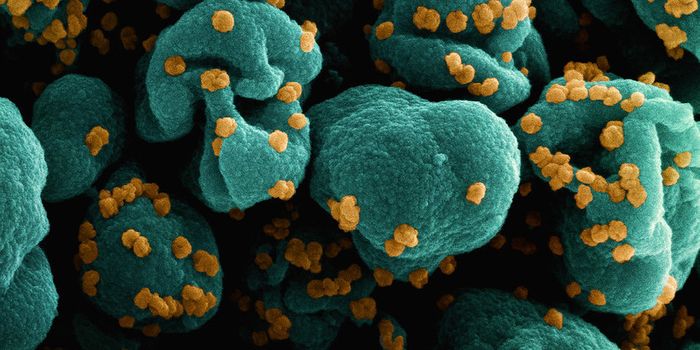Using a New Approach to Assess Aging & the Microbiome
Metagenomic tools enable scientists to easily sequence all of the DNA in any sample, like soil, or feces. The results can be compared against databases, giving researchers insight into the organisms that are contained in the sample. Investigators have been able to use this approach to assess the microbiomes of animals and humans; by performing a metagenomic analysis on feces, a researcher can get a snapshot of the microbiome's composition in that organism. But researcher Ruchi Mathur, M.D. of Cedars-Sinai has suggested that this method isn't giving us an accurate look at the human microbiome.
In a new study by Mathur and colleagues, the scientists used samples taken directly from the small intestine, an organ that would take up the size of a tennis court when unfurled and laid flat, to get a better picture of the gut microbiome. The researchers found that in aging microbiomes, there are significant changes in the small intestine microbiota of humans, and these changes are not like those caused by medication or disease. The findings have been published in Cell Reports.
“By teasing out the microbial changes that occur in the small bowel with age, medication use and diseases, we hope to identify unique components of the microbial community to target for therapeutics and interventions that could promote healthy aging,” said Mathur.
This study may be the first to assess the small intestine microbiome in people aged 18 to 80, Mathur noted. Though researchers know that the medications or diseases can alter the gut microbiome, "we have identified specific microbes that appear to be only influenced by the chronological age of the person,” she added.
Scientists have also found that the diversity of microbes in the microbiome decreases as people age. This study identified bacteria that take up residence in the small bowel and act as “disruptors” that may grow more and cause problems as people get older.
“Coliforms are normal residents of the intestine. We found that when these rod-shaped microbes become too abundant in the small bowel as they do as we get older, they exert a negative influence on the rest of the microbial population. They are like weeds in a garden,” explained study co-author Gabriela Leite, Ph.D.
The study also suggested that in the aging microbiome, the microbial community in the small intestine begins to shift to favor those that prefer to live in environments with lower oxygen levels, and the numbers of those that prefer more oxygen begin to reduce. More research will be needed to understand the implications of the data.
Sources: Cedars-Sinai Medical Center, Cell Reports









